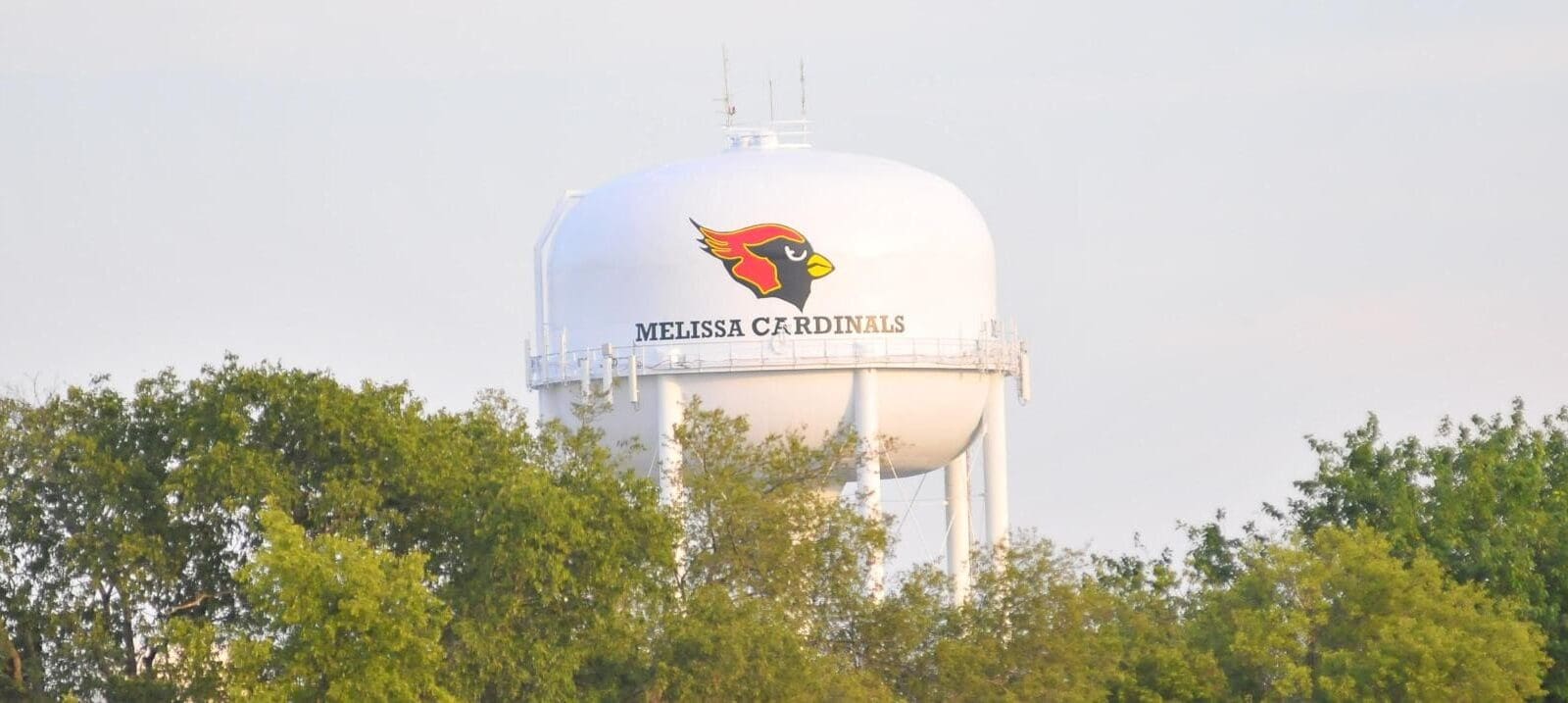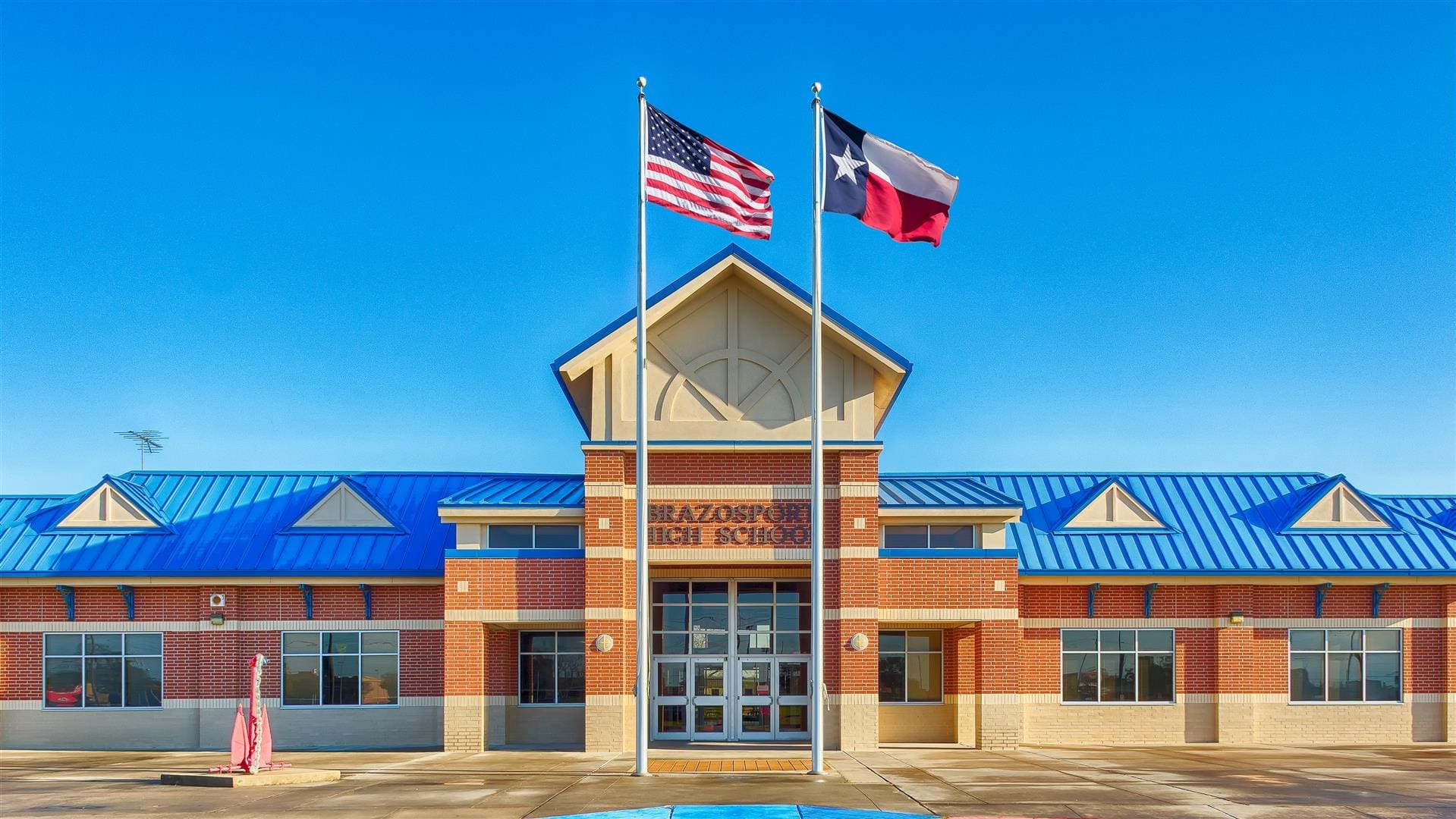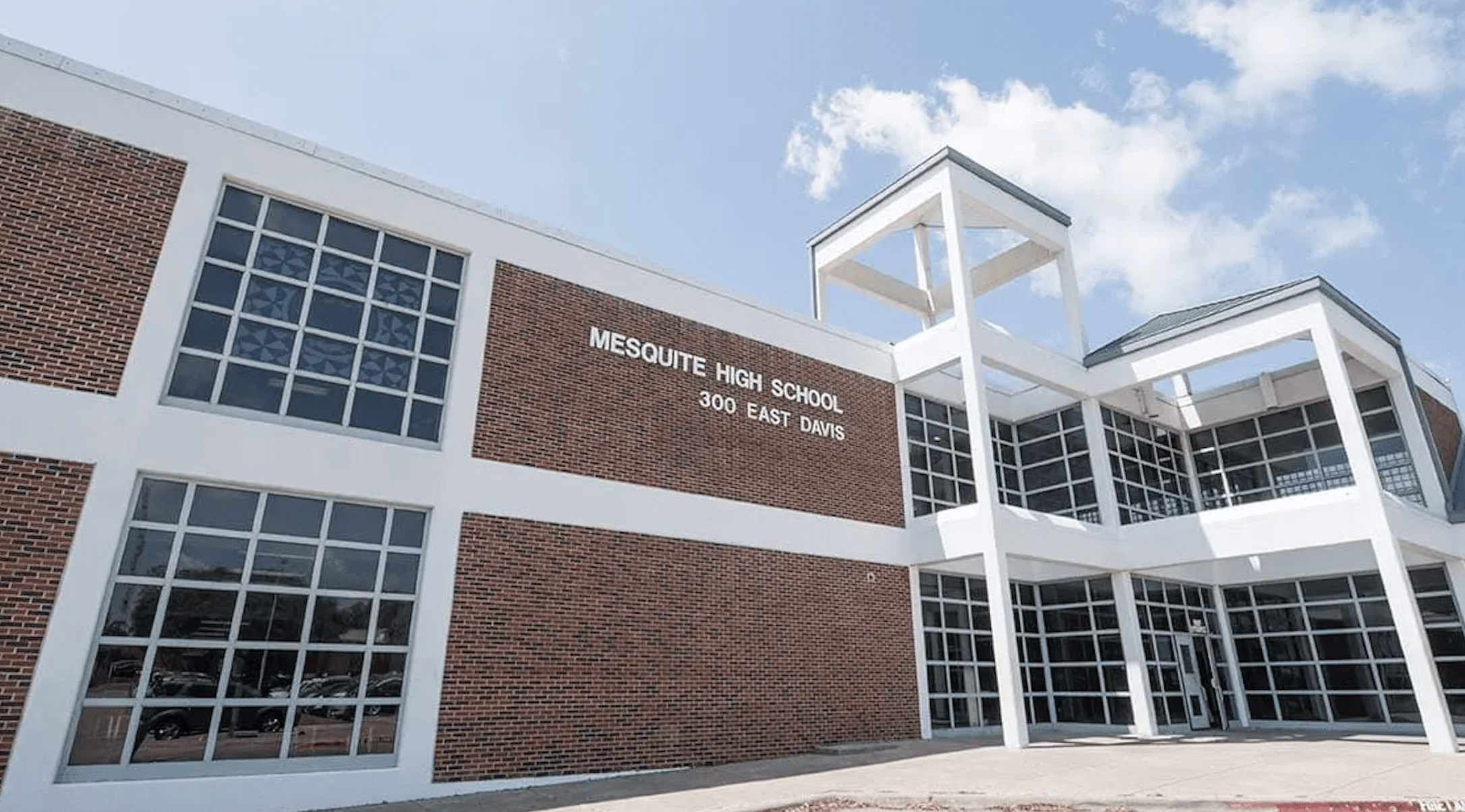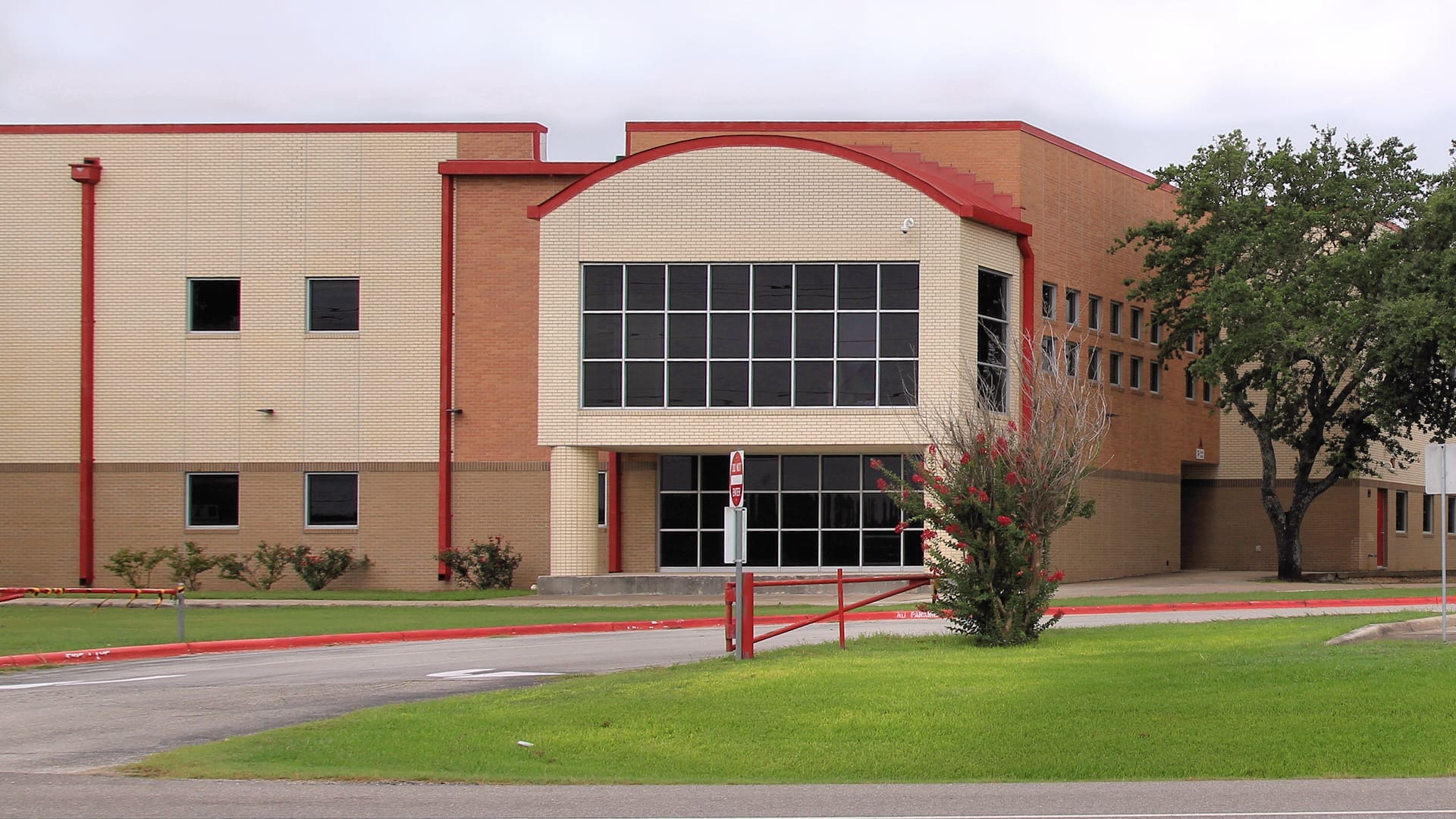Plano residents are getting another chance to help shape the future of their city, after electing council members who listened to their concerns and prioritized citizens over outside developers.
Last week, the Plano City Council appointed 16 residents to an ad hoc advisory committee tasked with reviewing the city’s contentious comprehensive development plan. Critics say the 4-year-old Plano Tomorrow plan encourages too much high-density growth.
Council Member Lily Bao, a council liaison to the group, said the Comprehensive Plan Review Committee will represent Plano residents, work with the city’s planning department, and come up with recommendations for a new or modified long-term development plan that will mainly focus on land use and zoning.
“This committee will review and help set the direction for our city’s next 30 years,” Bao said. “Very exciting to bring our city to a united vision forward!”
Bao is one of four council members elected since the Plano Tomorrow plan was adopted in October 2015 after they pledged to roll back the plan’s controversial pro-urbanization land-use provisions. Those provisions revealed a growing divide between proponents of urban-style, high-density development and those who want to keep Plano a suburban community.
Within a month of Plano Tomorrow’s passage, over 4,000 residents had signed a referendum petition calling for a public vote on the plan. The city secretary refused to submit the petition to council, claiming comprehensive plans aren’t subject to referendum. A group of petitioners then sued the city.
Plano has since spent four years and over $400,000 in taxpayer funds fighting its own citizens, deepening the divide.
During that time, Plano residents have seen high-density development encroach on their city’s suburban character. They have also voted in two local elections, changing the makeup of the city council from predominantly pro-urbanization to evenly split.
Voters elected Anthony Ricciardelli and Rick Smith in 2017, and Shelby Williams and Bao this May. In the process, they rejected candidates bankrolled by outside real estate developers and Mayor Harry LaRosiliere.
After adopting a budget that didn’t raise property taxes for the first time in years, the newly balanced council tackled the comprehensive plan controversy. Still, some city officials continued to delay action.
In July, the city’s attorney and planning commissioners derailed efforts to negotiate a compromise that would have ended the rancorous litigation and allowed the council to move forward on a new plan. In September, the city attorney and taxpayer-funded outside lawyers went back to court, where a visiting judge with no knowledge of the case ruled against Plano citizens and in favor of the city. Plaintiffs have appealed.
With the court battle dragging on, City Manager Mark Israelson proposed a citizens’ commission to work with the city on developing a revised plan—one Williams said he hopes “the people of Plano can overwhelmingly support.”
Council voted to create the committee on November 11 and separately approved spending up to $1 million for a professional consultant to advise the committee and other planning services.
Each council member appointed two residents to serve on the advisory committee. Policy recommendations must be approved by three-fourths of committee members voting, ensuring each reflects a unifying consensus for the city’s future development.
“As long as there is no shared vision in Plano, the future will depend on who wins the next election,” says former Plano school board trustee Yoram Solomon, a creativity and trust-building expert appointed to the committee by Bao.
“I truly believe that if we get that shared vision, we won’t have to worry about who gets elected in the next elections,” Solomon said.
The committee plans to hold its first meeting on January 11, 2020, and is expected to present recommendations to the city’s Planning and Zoning Commission later next year.






